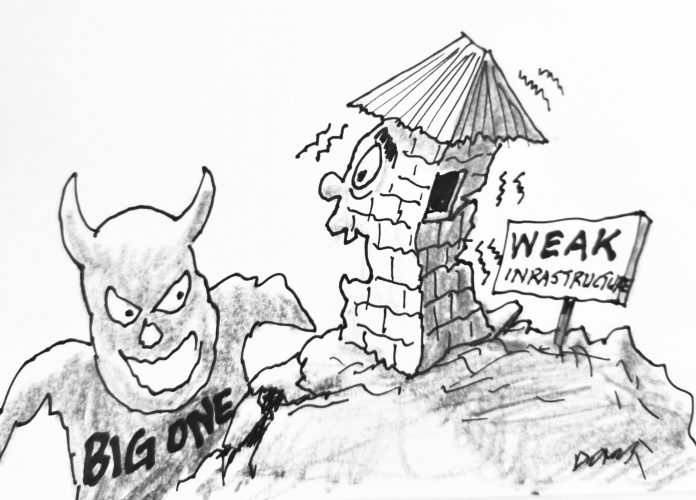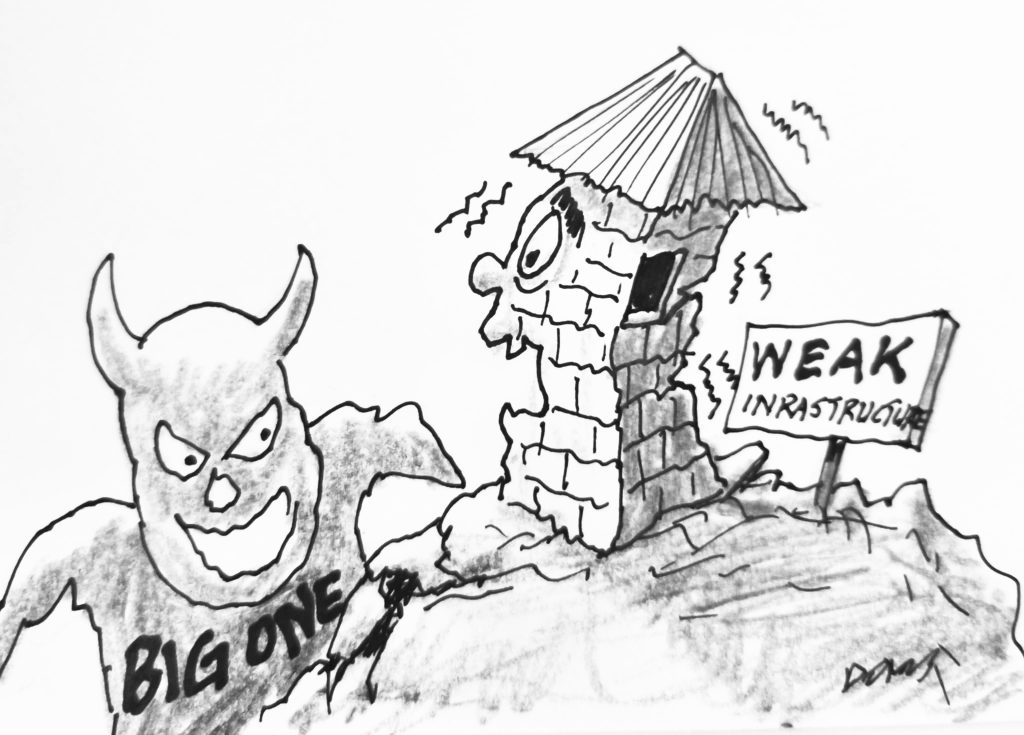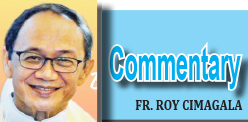
The traditional definition of success often centers on individual achievement: accumulating wealth, climbing the corporate ladder, or achieving fame. While these markers can provide a sense of accomplishment, they often fall short of delivering lasting fulfillment. A more profound and enduring form of success emerges from a different perspective: achieving true success through helping others succeed. This philosophy, rooted in altruism and collaboration, fosters a virtuous cycle of growth and positive impact, ultimately leading to a deeper and more meaningful sense of accomplishment.
Beyond Self-Interest: The Power of Altruism
The pursuit of success solely for personal gain can be a lonely and ultimately unsatisfying endeavor. It often fosters a competitive mindset, leading to feelings of insecurity, jealousy, and a constant need for validation. In contrast, focusing on helping others succeed cultivates a collaborative spirit, fostering a sense of community and shared purpose. This shift in perspective moves the focus away from individual ambition and towards collective growth, creating a more enriching and fulfilling experience.
The Virtuous Cycle of Collaborative Success:
Helping others succeed isn’t simply an act of kindness; it’s a strategic approach to achieving true success. This approach creates a virtuous cycle where the success of others contributes directly to one’s own fulfillment and achievement:
– Enhanced Skills and Experience: Mentoring, coaching, or collaborating with others requires a high level of skill and expertise. The act of sharing knowledge and guiding others strengthens one’s own understanding and enhances practical skills. The process of explaining complex concepts to others often clarifies one’s own thinking and identifies areas for further improvement.
– Expanded Networks and Opportunities: Helping others often leads to the expansion of one’s professional and personal networks. By supporting the growth of others, one builds relationships based on mutual respect and trust, opening doors to new opportunities and collaborations. These connections can lead to unexpected breakthroughs and advancements.
– Increased Influence and Impact: When others succeed because of your support and guidance, it amplifies your influence and impact. This creates a ripple effect, extending beyond individual achievements to create a broader positive influence on the community or industry. This sense of making a tangible difference is deeply fulfilling.
– Greater Fulfillment and Purpose: The intrinsic reward of witnessing the success of others you’ve helped is profoundly satisfying. This sense of purpose and contribution transcends material gains, providing a deeper sense of meaning and fulfillment in life. The profound satisfaction derived from knowing your actions have made a positive difference in others’ lives is a truly enduring sense of accomplishment. This isn’t merely about achieving a goal or accumulating wealth; it’s about connecting your efforts to a larger purpose, contributing to the well-being of others, and leaving a positive mark on the world. This feeling transcends the immediate gratification of personal achievement and fosters a deeper sense of meaning and purpose. The positive impact you’ve created resonates far beyond the initial act, creating a ripple effect of positive change that can inspire and motivate both yourself and others. This lasting sense of accomplishment fuels a desire to continue making a positive contribution, creating a virtuous cycle of purpose-driven action and meaningful impact.
– Improved Well-being: Acts of altruism have been shown to have positive effects on mental and physical health. Helping others releases endorphins, reducing stress and improving overall well-being. This positive feedback loop contributes to a more balanced and joyful life.
Practical Applications: How to Help Others Succeed
The concept of achieving success through helping others is not merely abstract; it can be implemented in various ways:
– Mentorship: Guiding and supporting individuals in their professional or personal development.
– Collaboration: Working together with others towards a shared goal, leveraging each other’s strengths.
– Networking: Connecting individuals with opportunities and resources that can help them succeed.
– Teaching and Training: Sharing knowledge and skills isn’t simply about transferring information; it’s about empowering others to reach their full potential. It’s about fostering independence, building confidence, and creating opportunities for growth. When you share your expertise, you’re not just giving away knowledge, you’re igniting a spark in someone else, enabling them to achieve things they might not have thought possible. This act of empowerment creates a ripple effect, as those you’ve helped go on to share their newfound knowledge and skills with others, creating a network of growth and opportunity. The satisfaction derived from empowering others is deeply fulfilling, creating a sense of purpose and connection that extends far beyond the initial act of sharing. It’s about building a community of learners and collaborators, fostering a culture of continuous improvement and mutual support. Ultimately, sharing knowledge and skills is an investment in the future, creating a more capable and empowered society.
– Advocacy: Championing others’ causes and dreams fuels collective progress, fostering a supportive community where shared aspirations thrive and individual potential blossoms.
– Philanthropy: Contributing resources and time to support organizations and initiatives that benefit others.
Redefining Success: A Shift in Perspective
Achieving true success requires a shift in perspective. It’s not about accumulating wealth or power for oneself, but about using one’s talents and resources to uplift others. This approach fosters a more collaborative, fulfilling, and impactful life. The upward spiral of collaborative success creates a positive feedback loop where the success of others contributes directly to one’s own sense of accomplishment and well-being. By embracing this philosophy, we can redefine success and create a world where everyone has the opportunity to thrive. The ultimate measure of success, therefore, lies not in what we achieve for ourselves, but in what we achieve for others.
————–
If you have any questions or would like to share your thoughts on the column, feel free to send an email to jca.bblueprint@gmail.com. Looking forward to connecting with you!






